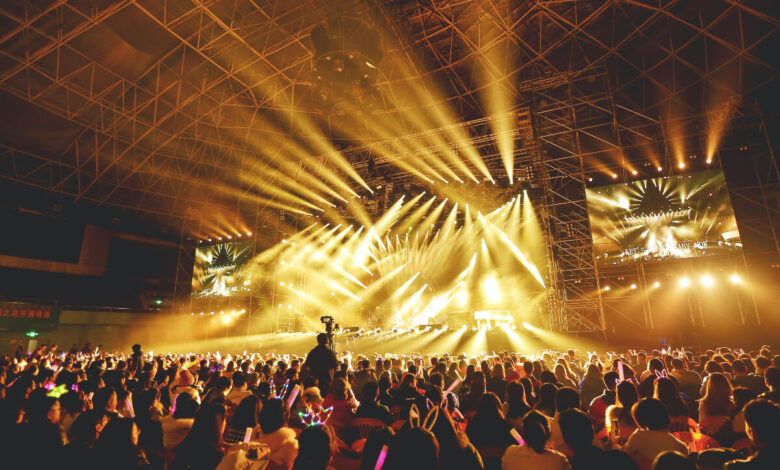Virtual concerts: a new era of live performances

Virtual concerts have become increasingly popular in recent years, especially since the COVID-19 pandemic forced many live events to be canceled or postponed. This new era of live performances has enabled artists and fans to connect from all over the world, regardless of physical distance.
One of the advantages of virtual concerts is the ability to reach a much larger audience than in-person shows. Without the limitations of venue capacity or geographic location, artists can perform to thousands or even millions of fans. In addition, virtual concerts can be more affordable and accessible for fans who might not be able to attend a live show due to financial, logistical, or physical reasons.
Virtual concerts also offer a unique opportunity for artists to experiment with new ways of presenting their music and engaging with their audience. With the use of advanced technology, virtual concerts can incorporate immersive visual effects, interactive elements, and even augmented or virtual reality experiences.
Despite the many benefits of virtual concerts, some argue that they cannot fully replace the energy and excitement of an in-person show. The feeling of being in a crowd of passionate fans and sharing a moment with the artist on stage is something that cannot be replicated online.
Regardless of the debate, virtual concerts have proven to be a valuable alternative to traditional live performances and will likely continue to be an important part of the music industry in the future.
In fact, some predict that virtual concerts will become a permanent fixture in the music industry, even after in-person shows are able to resume at full capacity. The convenience and accessibility of virtual concerts have opened up new possibilities for artists to reach fans all over the world, without the need for extensive touring and travel.
Virtual concerts also offer a more environmentally friendly alternative to traditional live shows, as they do not require the same level of energy consumption and carbon emissions associated with transportation and venue operations.
However, the success of virtual concerts relies heavily on the quality of the technology and production behind them. Poor audio or visual quality, technical difficulties, or issues with connectivity can greatly detract from the overall experience for both the artist and the audience.
As technology continues to advance, it is likely that virtual concerts will become even more immersive and interactive, blurring the line between physical and virtual experiences. Whether or not virtual concerts will completely replace traditional live shows remains to be seen, but they have certainly opened up new possibilities for artists and fans alike.



